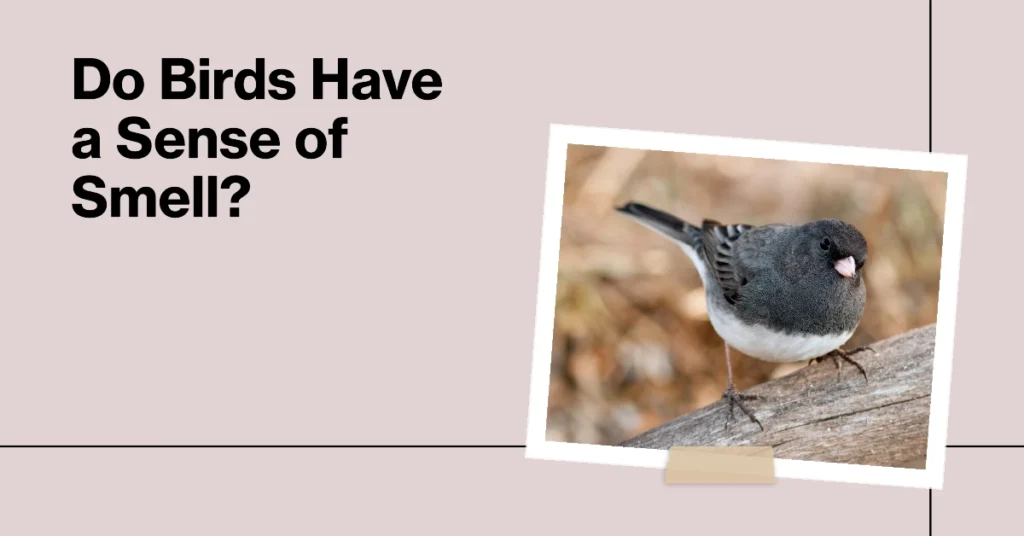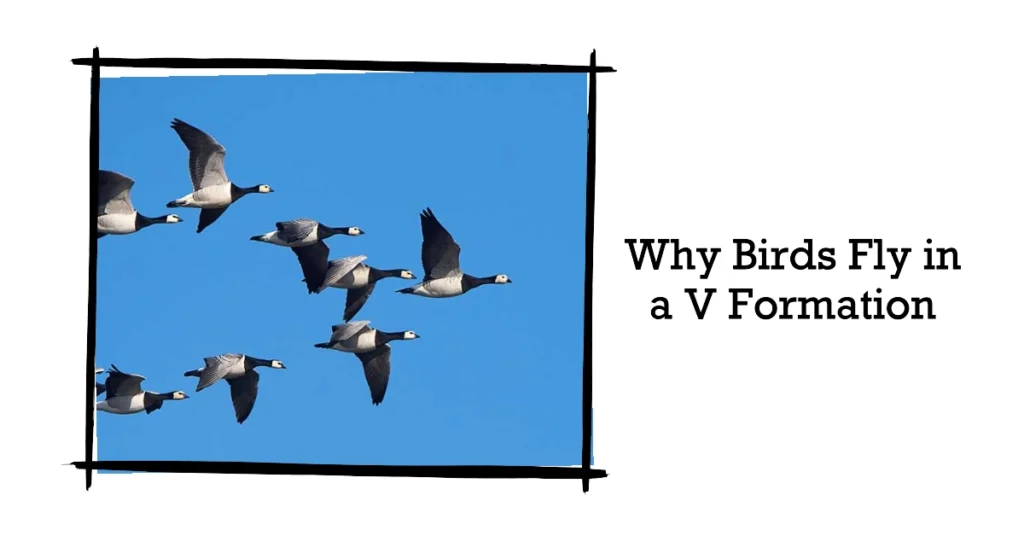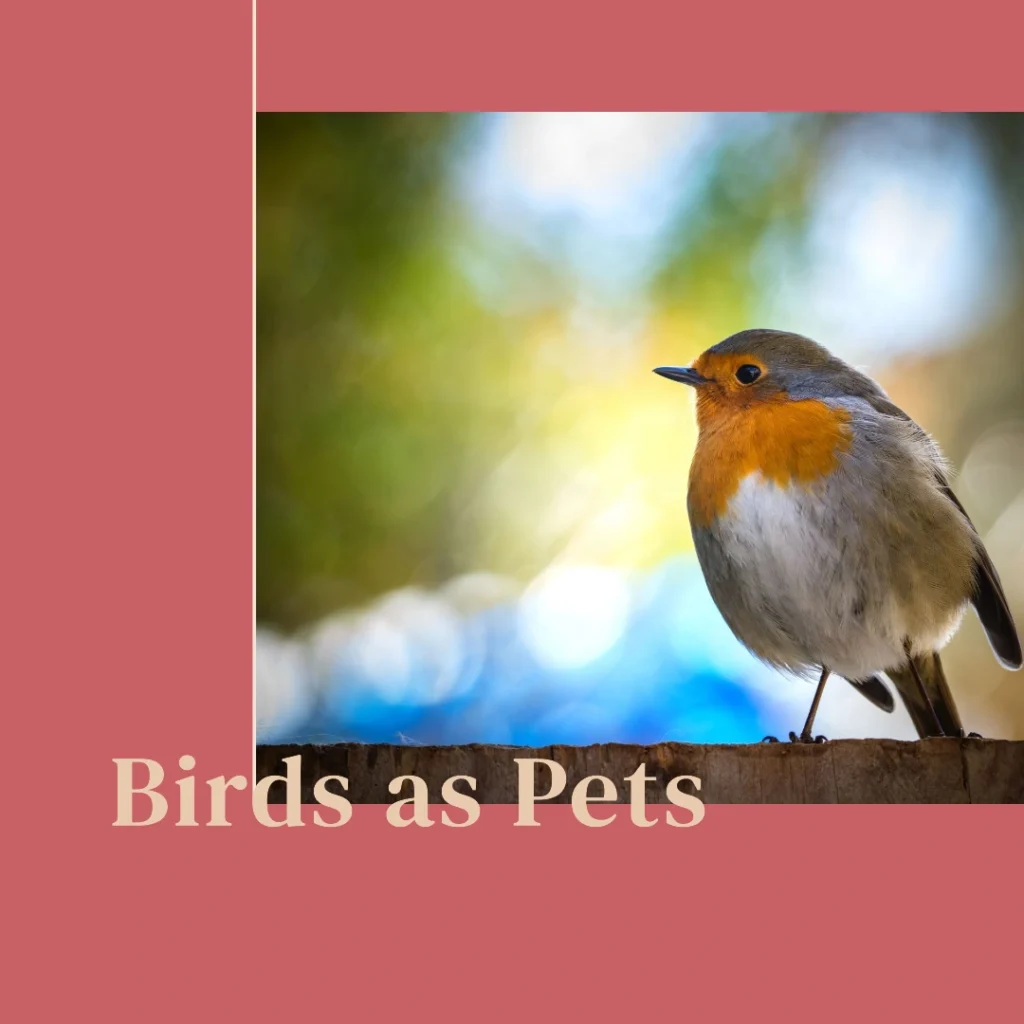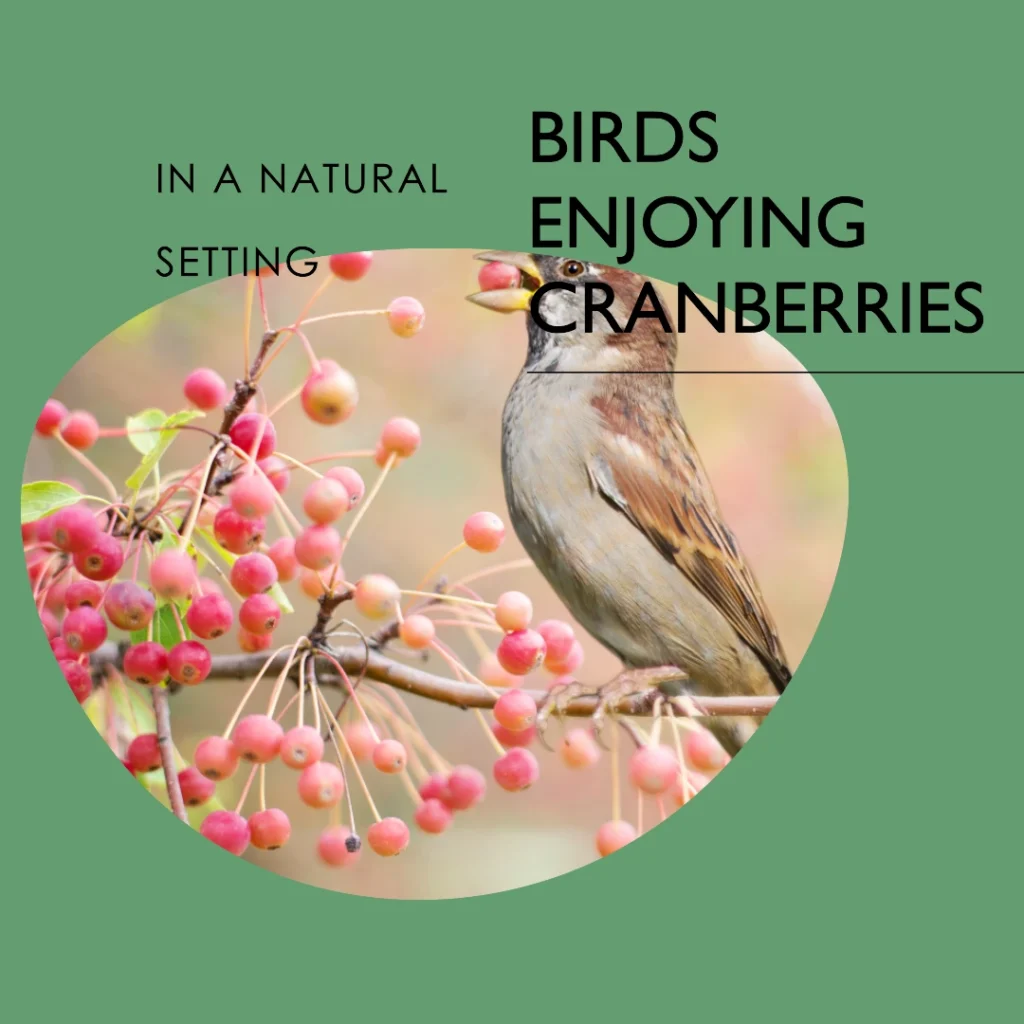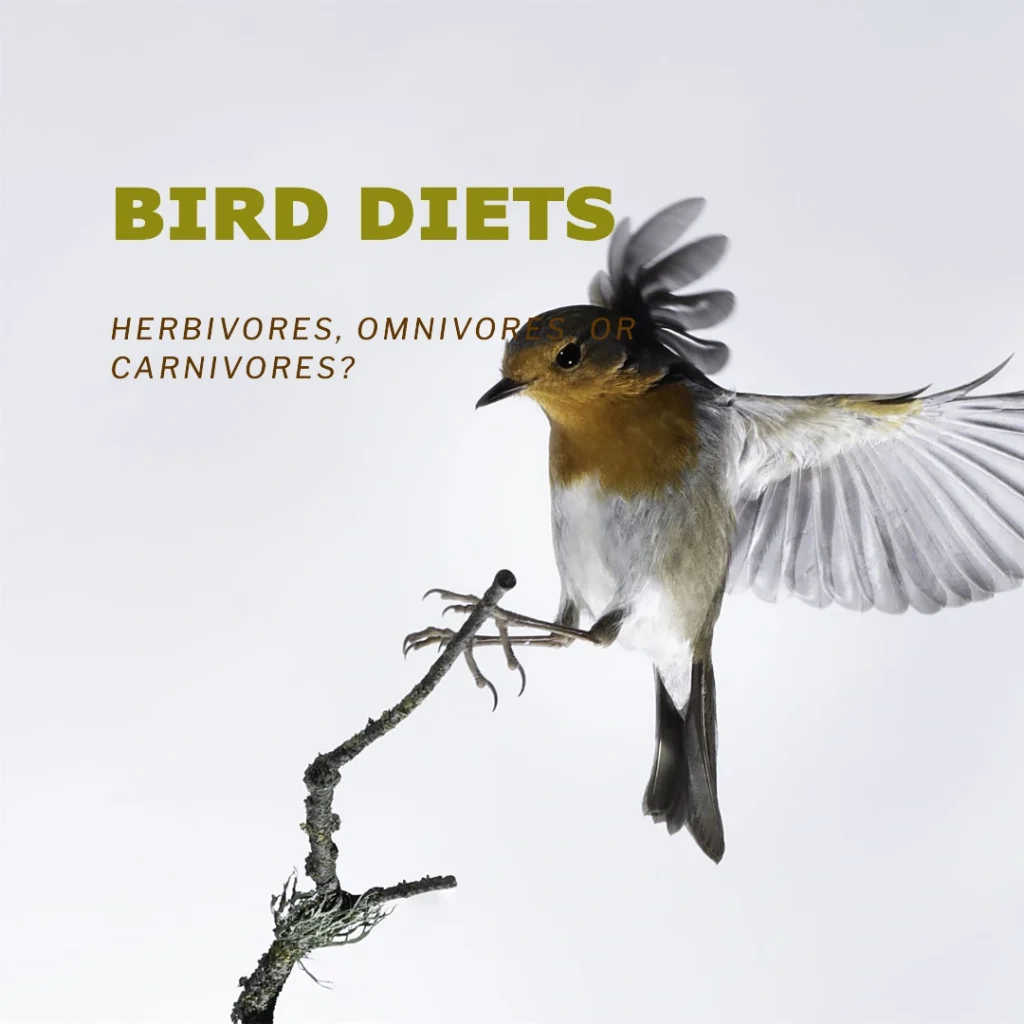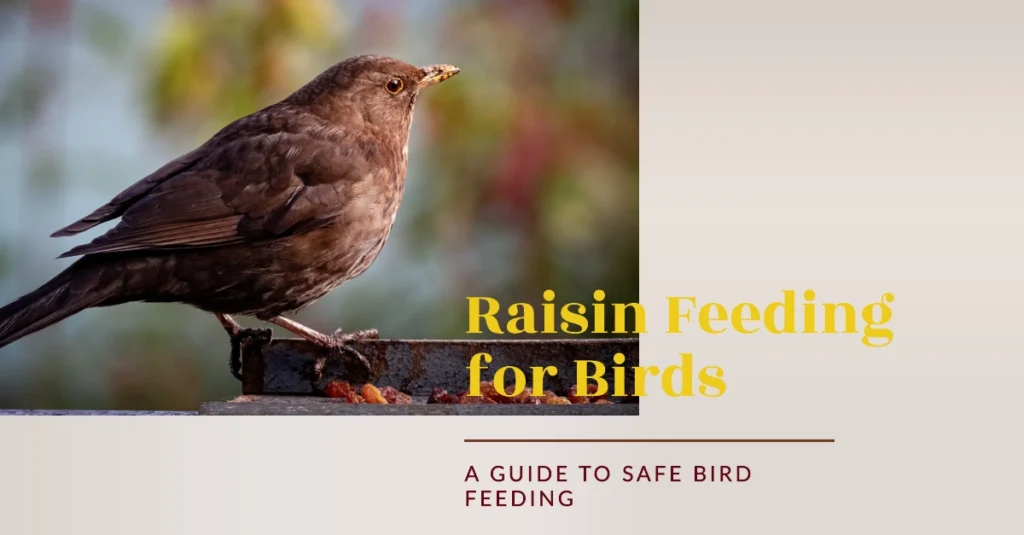
Feeding wild birds can be a delightful and rewarding experience. One common question among bird enthusiasts is whether birds can safely eat raisins. This article explores the benefits and precautions of feeding raisins to birds, ensuring that our feathered friends receive a nutritious and balanced diet.
What Are Raisins?

Raisins are essentially dried grapes. They are rich in natural sugars, vitamins, and minerals, making them a great source of energy for birds. These dried fruits can be particularly beneficial during colder months when natural food sources are scarce.
Benefits of Feeding Raisins to Birds
Raisins offer several nutritional benefits to birds:
- Energy Boost: The natural sugars in raisins provide a quick energy boost, which is especially useful during migration or cold weather.
- Vitamins and Minerals: Raisins contain essential vitamins and minerals that support overall health and well-being.
- Hydration: Soaking raisins in water before feeding can help provide necessary hydration, especially during dry weather or winter months.
Which Birds Enjoy Raisins?
Many bird species enjoy raisins, including:
- Robins
- Waxwings
- Mockingbirds
- Bluebirds
- Thrushes
- Starlings
- Blackbirds
How to Feed Raisins to Birds
To ensure that birds can safely and easily eat raisins, follow these tips:
Soaking Raisins

Soaking raisins in water overnight makes them softer and easier for birds to eat. This is particularly important during the winter when birds need more moisture in their diet.
Mixing with Other Foods

You can mix raisins with other bird foods like seed mixes, suet, or mealworms. This not only provides variety but also caters to the preferences of different bird species.
Using a Suitable Feeder

Serve raisins in a ground feeder, on a bird table, or in a dish. Ensure that the feeding area is safe from predators.
Precautions When Feeding Raisins to Birds
While raisins are generally safe for birds, there are a few things to keep in mind:
- Avoid offering raisins if you have dogs, as grapes and raisins can be toxic to canines.
- Monitor the feeding area to ensure the raisins are fresh and have not spoiled or attracted pests.
- Gradually introduce raisins and watch for any adverse reactions in individual birds.
- Prioritize providing a variety of nutritious foods to meet the birds’ overall dietary needs.
By following these guidelines, you can confidently include raisins as an occasional treat in your wild bird feeding routine.
Feeding Raisins Throughout the Year
Although many people only offer raisins to birds in the winter, they can be a valuable food source year-round. During the summer, raisins provide essential nutrients and hydration, supporting birds during breeding and raising their young.
Nutritional Benefits of Raisins for Birds
Raisins offer several key nutrients that support avian health:
- Natural sugars (fructose) for quick energy
- Fiber to aid digestion
- Potassium for proper muscle function
- Vitamins and minerals to meet nutritional needs
These nutrients help birds maintain their energy levels, stay warm, and remain in good condition.
| Nutrient | Amount per 100g |
| Calories | 299 kcal |
| Carbohydrates | 79.18 g |
| Sugars | 59.19 g |
| Dietary Fiber | 3.7 g |
| Protein | 3.07 g |
| Vitamin C | 2.3 mg |
| Calcium | 50 mg |
| Iron | 1.88 mg |
| Potassium | 749 mg |
Conclusion
Raisins can be a nutritious and energy-packed treat for many bird species. By following the guidelines for soaking and mixing raisins with other foods, you can provide a balanced and varied diet for your avian visitors.
Remember to feed raisins in moderation and keep them out of reach of pets to ensure the safety and health of all animals in your garden.
Feeding wild birds responsibly not only supports their health and well-being but also enhances your bird-watching experience.
So, the next time you’re stocking up your bird feeders, consider adding some raisins to the mix and enjoy the vibrant activity in your backyard.


